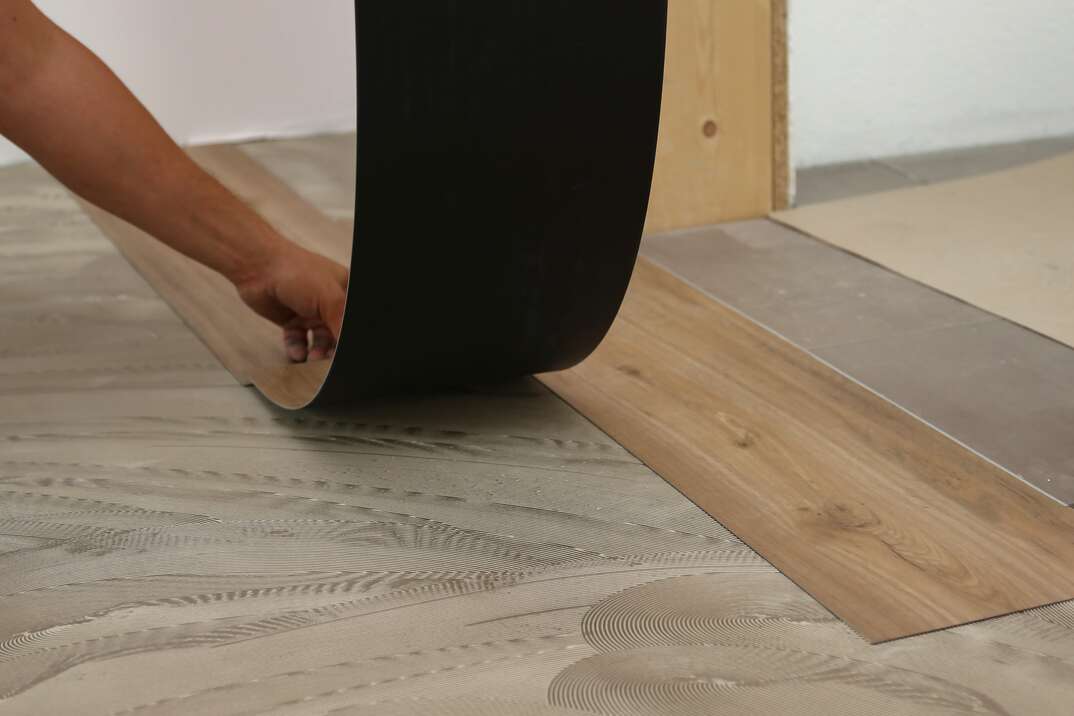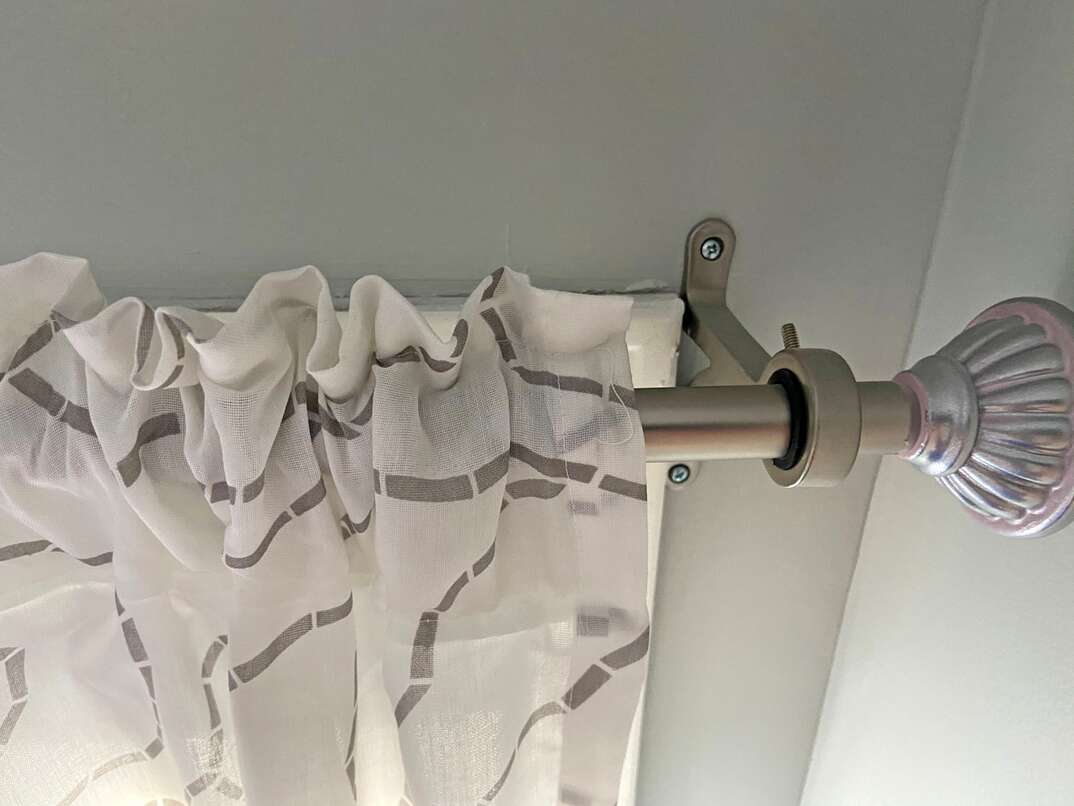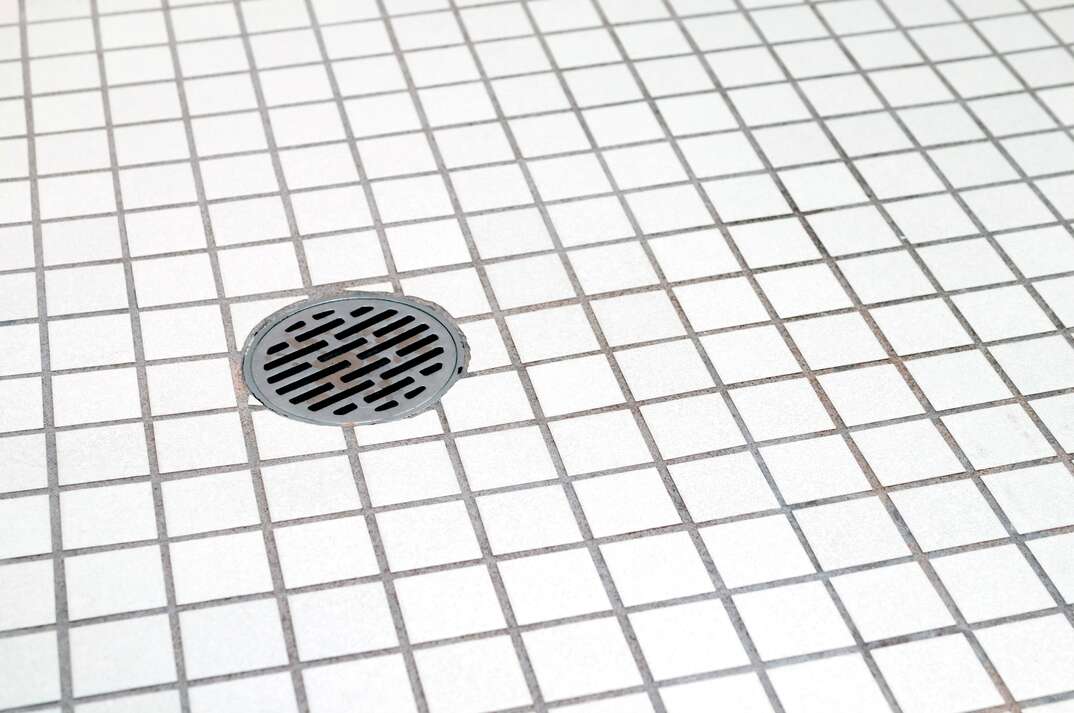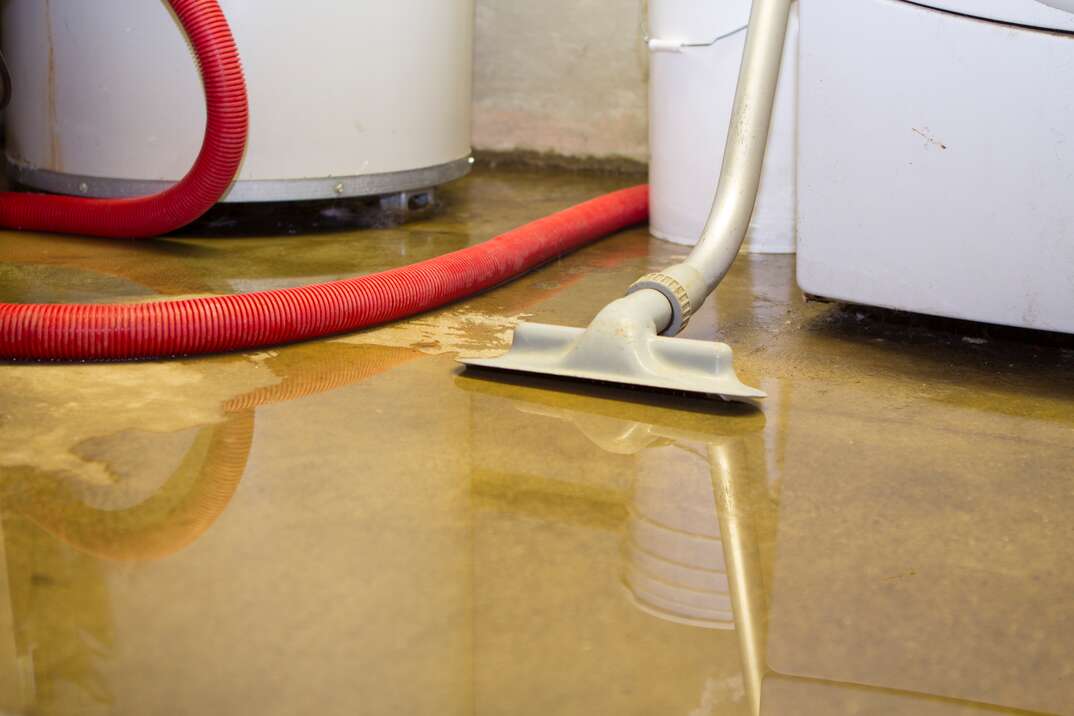Your Vinyl Answer: Here’s How Much It Costs to Install Vinyl Flooring

Vinyl Flooring Installation Costs at a Glance
- Typical price range for vinyl flooring sheets: 50 cents to $2 per square foot
- Peel-and-stick vinyl tiles: 75 cents per square foot and up
- Premium vinyl sheets: $4 per square foot
- Luxury vinyl plank or tile: $1-$6 per square foot
- Stone polymer/rigid core: $2-$4 per square foot
- Wood plastic composite: $3-$6 per square foot
- Installation labor cost: $1-$3 per square foot
When you hear the words “vinyl flooring,” what else comes to mind? Do you think: shag carpet? Wood paneling? Lava lamps? Since it first came on the market in the 1970s, vinyl flooring has been a heavy hitter in home furnishings. For many years, it was one of the top choices for kitchens, bathrooms and even living rooms — casually grooving along with bean bag chairs and avocado-green fridges. But unlike many of these ’70s mainstays, vinyl flooring never really went out of style, although it’s gone through several iterations over the years. The truth is: Vinyl flooring is as popular as ever, remaining a durable, easy-to-install option that’s as easy on the eyes as it is on the wallet.
This May Also Interest You: How Much Does Bamboo Flooring Cost?
As you consider new options for your upcoming floor project, you may need to look no further than vinyl flooring. Keep in mind, though: This isn’t your grandma’s vinyl flooring. Indeed, vinyl has come a long way in the past 50 years, and much of the vinyl of today is a far superior product to old-school iterations. For example, thanks to 3D-printing technology, so-called luxury vinyl tile, or planks, can easily replicate the look of real tile, stone or hardwood. The result is a durable, water-resistant floor that looks classy and chic — without the high costs and hassle of installing the real Mccoy.
Think vinyl flooring is the way to go for your house? Check out the following cost guide to help get your affordable-flooring project afoot.
Vinyl Sheet Flooring
For starters: Take whatever you think you know about vinyl sheet flooring and forget it. Vinyl sheet flooring is some of the most heavy-duty and water-resistant flooring material available. Made with multiple layers that offer both protection and comfort, vinyl sheets are quick to install and can be an extremely cost-effective option.
On average, vinyl sheets are priced between 50 cents and $2 per square foot for material costs. But just because it’s generally regarded as a more budget-friendly option doesn’t mean it’s not high quality. For the discerning homeowner, premium vinyl sheets can cost upwards of $4 per square foot. In fact, some people even prefer the natural cushion of vinyl sheet flooring to cold, hard tile or stone.
For installation costs, you can expect to pay another dollar or two per square foot. And do-it-yourselfers beware: While installation may seem rather straightforward, it does require someone with experience to install it properly. For one, vinyl sheet rolls are large and unwieldy. Secondly, they require the use of proper adhesives to stick properly and not using enough of the correct glue could result in damaging the sheet. In short, the job can get out of hand quickly, so having experience is key. To ensure that you squeeze every drop of use and enjoyment out of your nearly waterproof floor, budget for professional installation. It may save money in the long run.
Vinyl Plank and Tile
For homeowners intent on installing vinyl flooring themselves, luxury vinyl plank or tile could be the right way to go. Vinyl plank is much easier to put down than sheet flooring, as it’s much easier to manage. It can also mimic the aesthetic of real hardwood floors more convincingly than sheet flooring, sweetening the deal for picky decorators.
When it comes to vinyl plank or tile floor, there are two main types: self-adhesive (peel-and-stick) tile or luxury vinyl tile. As with most home decor items, these two types of vinyl flooring run the price gamut. Peel-and-stick tile can be as cheap as 75 cents per square foot, which, for someone on an extremely tight budget, might be an ideal solution. That said, don’t let peel-and-stick’s reputation as a cheap flooring solution deter you; quality peel-and-stick is still an extremely durable option. Another major benefit of self-adhesive tile is that it’s super-easy to install. No matter your skill level, you could probably install some peel-and-stick tile successfully.
The other type of vinyl plank or tile flooring is so-called luxury vinyl. There are two broad groups in this category: luxury vinyl plank flooring — sometimes abbreviated to LVP — and luxury vinyl tile, or LVT for short. As the name suggests, LVP comes in planks, or strips, and mimics natural wood or even cork and bamboo flooring, while LVT is meant to replicate stone or ceramic tile. These tiles are the top of the line as far as vinyl flooring options go with regard to both durability and good looks — and their prices reflect that quality.
Core Types
The average price for LVP or LVT is between $1 and $6 per square foot. Yes, you read that correctly: It’s a wide margin. What accounts for such a big price gap is the quality of materials used in the planks. One of the biggest price determiners is the type of core present in the tile. In general, there are four types of core: solid vinyl core, stone polymer core (SPC), wood polymer core (WPC) and solid vinyl core.
Solid Vinyl Core
This is basically the most entry-level type of LVP you can purchase. It’s water-resistant (nearly waterproof) and is a durable floor that works great in high-traffic areas. This material is generally more expensive than sheet vinyl, because it has increased dimensional stability and can better mimic the look of real stone or hardwood. One of the major downsides for solid vinyl core is that it can often reflect imperfections in the subfloor, which can be a bummer for those in older homes where imperfection abounds.
Stone Polymer (SPC) or Rigid Core
Also referred to as stone-plastic core, SPC flooring is one step up from luxury vinyl. This type of flooring combines vinyl with calcium carbonate to create a rigid, waterproof core. Usually comprising added layers to protect against scuffing and denting, SPC is increasingly used in commercial settings for its durability. SPC is most often installed as a floating floor using a click-lock system for a super smooth installation process. Prices for SPC floor can run from $2 to $4 per square foot for materials alone.
Wood Plastic Composite (WPC)
Wood plastic composite floors, as the name suggests, are made from vinyl and wood flour or other wood-like materials. Like SPC, it’s incredibly durable, but unlike other vinyl, WPC has a level of comfort that is unmatched by other vinyl flooring. Furthermore, WPC tile’s thick profile allows for an easy-lock floating-floor installation system that works well to mask any imperfections from the subfloor. Generally regarded as the high end of vinyl floor materials, wood plastic composite averages at about $3 to $6 per square foot.
On top of material costs, you can expect to pay between $2 and $3 per square foot for vinyl plank or tile installation.
More Related Articles:
- Here's How to Clean Your Hardwood Floors for That Flawless Shine
- How Much Does It Cost to Refinish Hardwood Floors?
- Heated Floors Is a Thing: Here's What You Need to Know Before You Install
- Tale of the Tile: An Overview of Bathroom Tile Flooring
- Considering an Epoxy Garage Floor? You’ll Want to Read This First...
Options Galore
Along with being one of the most durable flooring options around, one of the chief benefits of vinyl flooring is that you have an incredible amount of styles and finishes to choose from. No matter what color palette you’re working with, or what vibe you’re going for, there’s probably a style of vinyl flooring that will be a perfect fit. Thanks to technological advancements in 3D printing, vinyl flooring can mimic the look and surface texture of nearly any stone, wood or tile product.
Built to Last
But the benefits of vinyl flooring don’t stop there. After installation, vinyl flooring is known for being relatively easy to care for — especially compared to its more high-maintenance tile and wood floor counterparts. Unlike wood floors that will likely require refinishing every seven to 10 years, or tile, which can crack or require grout refreshening, vinyl flooring is expected to last a decade or two. That’s because vinyl has a protective layer that helps prevent staining and scratches without any upkeep beyond regular cleaning. In fact, many vinyl flooring products come with 15-year warranties to give you further peace of mind with your flooring purchase.
Sold yet? Vinyl flooring may not be the perfect fit for every home floor project — but with benefits like durability, ease of installation, comfort, versatility and cost-effectiveness, it’s easy to see how vinyl has outlived many of its sister styles of the ’70s (hello, sunken living rooms and macrame everything!). Vinyl continues to be a top choice of budget and style-conscious homeowners everywhere a full half-century after its first groovy appearance onto the flooring market. It’s come a long way, baby.
Every time you undertake a home improvement project is a good time to think about being prepared for the unexpected. A plan from HomeServe can help with home maintenance costs and fixes. Once you have a plan in place and a covered issue arises, you can simply call the 24/7 repair hotline. A local, licensed and highly trained contractor will be sent out to you to get the job done to your satisfaction.


